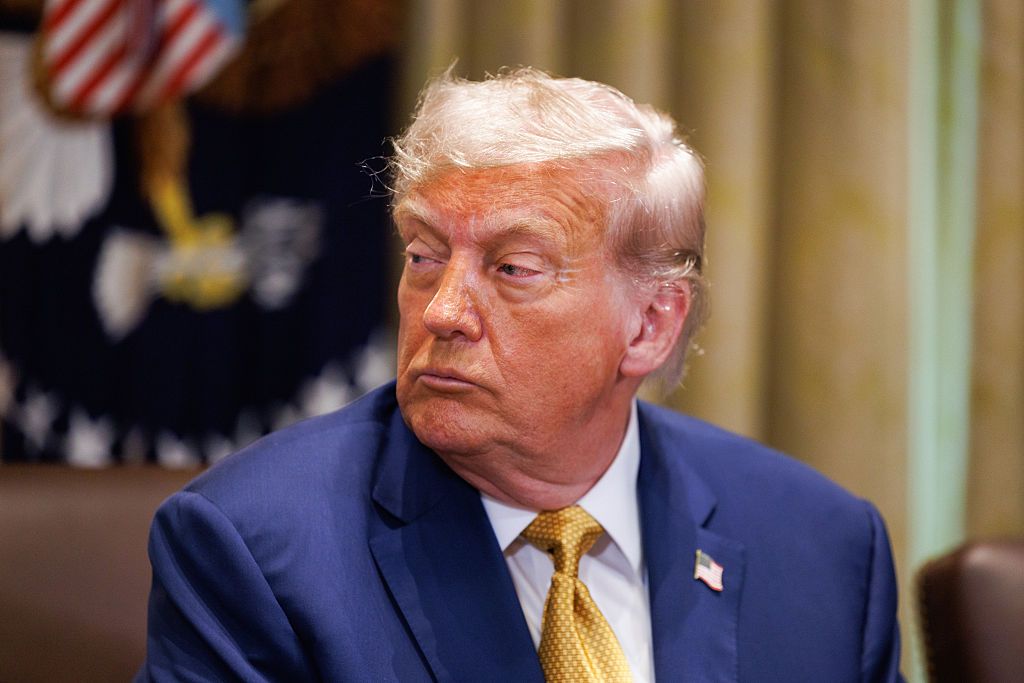US Senate committee backs $1 billion in aid for Ukraine despite Trump administration's objections

A U.S. Senate committee approved a spending bill that includes $1 billion in support of Ukraine on July 31, despite the Trump administration's previous pledge to reduce funding allocated for military assistance to Ukraine in its upcoming defense budget.
The Senate Appropriations Committee voted in favor 26-3 of a $852 billion Defense Department budget, which includes $800 million for the Ukraine Security Assistance Initiative (USAI), and $225 million for the Baltic Security Initiative, most of which is allocated in support for Kyiv.
The budget allocation, which totals to 2.6% more than what U.S. President Donald Trump previously requested, comes as U.S. Defense Secretary Pete Hegseth announced during a congressional hearing on June 10 that anticipated budget cuts for Ukraine. Hegseth did not disclose details as to the extent of the funding cuts to Ukraine.
While the committee-approved bill still needs to be voted on by both chambers of Congress and be signed by the president, the committee approval appears to paint a growing divide on lawmakers' views of the war in Ukraine.
"Shutting off engagement with Ukraine would undermine our military's efforts to prepare for the modern battlefield," Senator Mitch McConnell, the chair of the panel's defense subcommittee, said during the committee meeting.
The White House has not yet commented on the developments stemming from the Senate Appropriations Committee. It was not immediately clear as to whether the proposed bill will have enough support to be passed into law.
In recent weeks, Trump has seemingly shifted his policy towards support for Kyiv, amid mounting frustration with Russian President Vladimir Putin's refusal to implement a ceasefire in Ukraine.
Senior American diplomat John Kelley told the U.N. Security Council on July 31 that Trump wants a deal to end Russia's war in Ukraine by Aug. 8. Trump previously warned on July 29 that tariffs on Russia would take effect within 10 days unless the Kremlin agreed to halt its full-scale invasion.
The proposed tariffs include sweeping secondary sanctions on countries that continue to buy Russian oil, gas, and other exports — a move that would directly impact major trading partners such as China and India.
As Russia continues to increase the intensity of its attacks against Ukrainian cities, peace talks with Moscow continue to make "no progress," U.S. Secretary of State Marco Rubio said on July 31.
Amid the foreign policy shift, President Volodymyr Zelensky announced on July 25 he had reached an agreement with U.S. President Donald Trump on the sale of Ukrainian drones to the United States, in a deal worth upwards of $30 billion.











